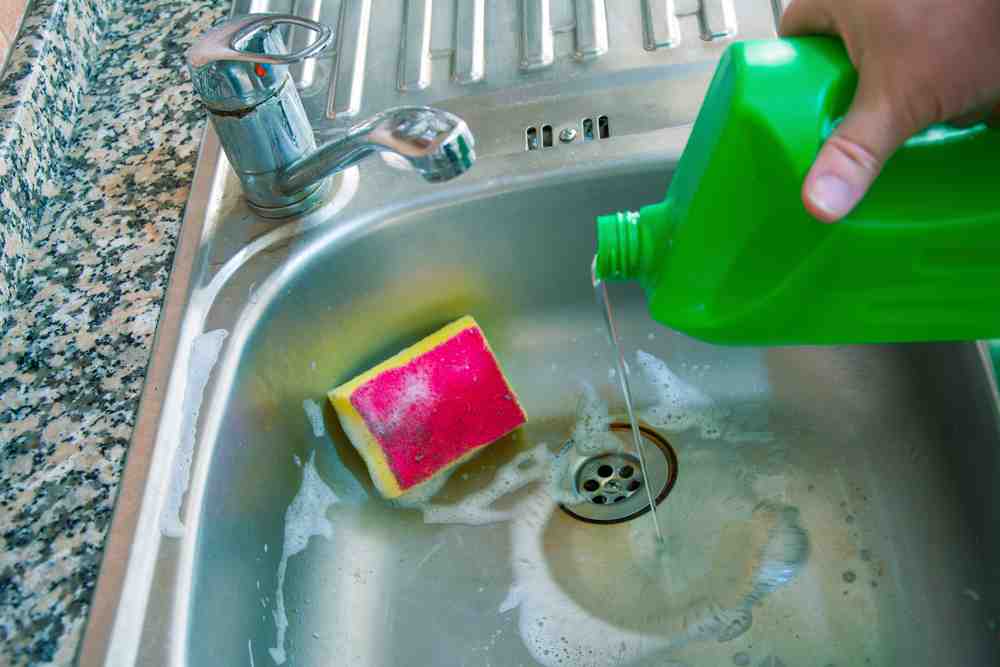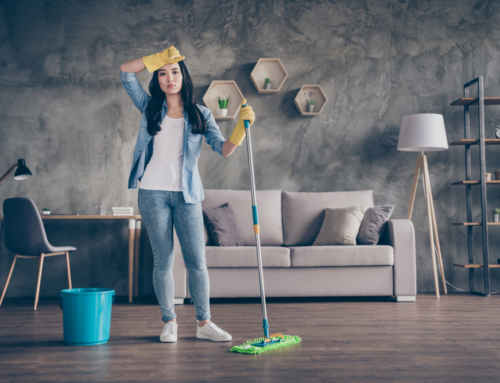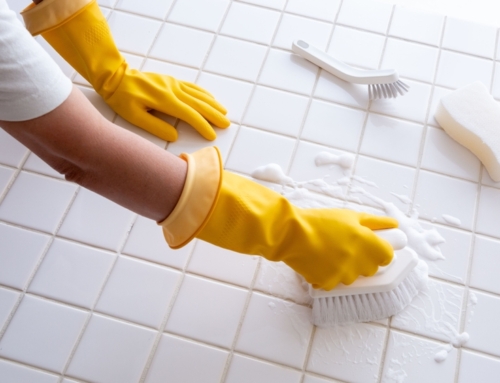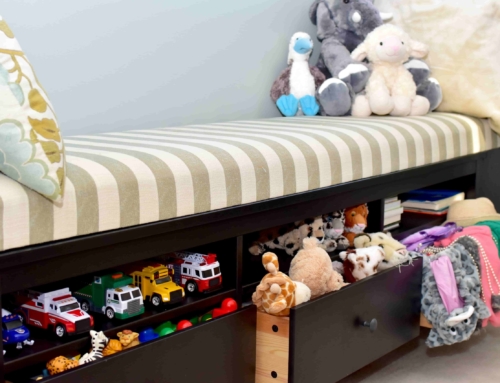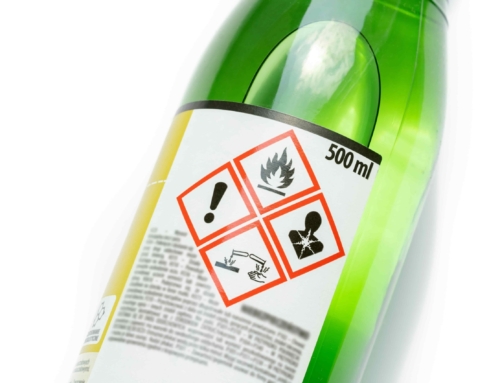Do you have an idea what happens if you get bleach on your hands? What should be done right after? Is it extremely dangerous? If you want to learn more, keep reading.
Bleach is a commonly used household product to disinfect or clean homes. It has the potential to kill many types of bacteria and viruses. Similarly, bleaching lightens some colors. Household bleach generally contains 3–8% of trustworthy sodium hypochlorites. Usually, the substance is non-toxic but is irritating to the skin and eye areas as well.
Although it is a go-to cleaning product for homeowners, bleach can cause more harm when intoxicated by people who use it in their bathroom.
In this article, we will show you how bleach will affect the eyes and skin and how to prevent further damage that can cause health problems.
How Does Bleach Affect the Skin and Other Body Areas?
House bleach has corrosives that are usually harmless if used properly. Symptoms of exposure to bleach are varied according to what part of the body was affected by this substance, the concentrations of bleach, the time of exposure, and the quantity of the exposure.
Bleach produced in other countries could potentially cause even greater damage to people due to higher concentrations. In combination with ammonia, bleach can cause chloramine, also known to treat drinking water.
If you want to avoid accidents involving bleach, hire cleaning professionals such as Clean My Space CT.
Bleach on the Skin: What Can I Do To Treat It at Home?
When you get bleach on your skin, you must wash the exposed skin with plain water at 10-minute intervals (a little more than 20 minutes).
After washing gently, wash it with warm soap and water. If it continues to irritate your skin, immediately go to the doctor.
There is also another alternative other than washing it with plain water and soap. Lemon or white vinegar is the best home acid to eliminate odor. Wash your hands using water or detergent, and make sure the bleach is completely eliminated. Bring in white vinegar and lime water. Just squeeze the lemon onto your fingers and rub it.
Bleach on the Eyes: Effects and First Aid
Bleaching can also affect the eyes. It’s because a combination of the eye’s aqueous humor, also known as the fluid produced by your eyes, and bleach produces a pH acid.
If you get bleach onto your eyes, you should immediately wash the eyes using clean, warm water. You must remove contact lenses as well and keep your eyes dry.
When Should I See a Doctor?
Anyone with bleach on their face is strongly urged to seek medical help immediately. When people inhale a bleaching solution, the asthmatic should consult a doctor right away as this can have adverse effects.
Bleaching on the skin is not often harmful, especially if for short periods of time. On the other hand, it can be harrowing for other people with special health conditions. Use your best judgment and try to seek medical help as soon as you can. Here are a few signs that you have to seek professional attention:
- coughing
- nausea
- shortness of breath
- watery eyes
- pain in the chest
- throat, nose, and eye irritation
- wheezing
- pneumonia
- fluid in the lungs
How To Use Bleach Safely?
In most cases, mixing bleach into the water can help reduce skin irritation. Also, reading the instructions in the bleach bottles helps a lot. If no directions have been given, the safe dose should consist of 1/3 cup bleach in 2 gallons.
Moreover, avoid mixing bleach and any cleaner containing ammonia. As mentioned, toxic compounds can also be produced (like chloramine), causing irritation or corrosivity to the eyes and lung tissues. Lastly, make sure that you always clean or work in a properly ventilated area—windows and doors opened.
Here at Clean My Space, our cleaning professionals understand how to use bleach safely. Contact us if you want to get our services.
What Are the Bleach Alternatives To Use When Cleaning?
If you want DIY cleaning solutions, here are some of our recommendations.
Vinegar
Vinegar may not be as popular among homeowners, but it’s an essential ingredient for many recipes and can replace bleach in your laundry routine.
Baking Soda
Baking soda is a great whitening agent and it can be added to your laundry detergent for an extra boost. The baking soda will help remove those hard-to-get-out stains while also softening clothing so you don’t have any issues with snags or rips in the future!
Lemons
Life gives you lemons, but that doesn’t mean they just have to be for drinking. You can use them in various cleaning DIYs thanks to their citric acid content!
If your laundry needs some extra zing and life back into it, add about 1/2 cup each time with warm water – voila! Cleaned clothes without any harsh chemicals.
Castile Soap
The versatile soap is a one-of-a-kind product that has many uses. If you’re not into bleach or using anything too strong around your home, Castile soaps are the best option. It will keep almost everything clean with its vegetable-based naturalness and gentle nature. This is safe for children and pets.
Sunlight
The sun is a powerful disinfectant and whitener that can be used to treat your clothes without the use of harsh chemicals. Hanging out garments during this time will help you save on electricity while getting rid of any unwanted smells or stains.
Household bleach is not usually toxic, but there are also other eco-friendly products at home that you can use when cleaning. Choose those instead if you will do the cleaning on your own.
Speaking of which, if you need further help with your cleaning, don’t hesitate to call for our services! We guarantee you an expert and safe service.
Call Clean My Space CT, Get the Best Type of Cleaning
If you are looking for an amazing team that can clean your residential and commercial spaces, Clean My Space is here to help. We often exceed our clients’ expectations with our years of experience, premium cleaning equipment, outstanding skills, and excellent customer service. Have your space cleaned by the experts! Call us right now, request a quote and book a schedule.


